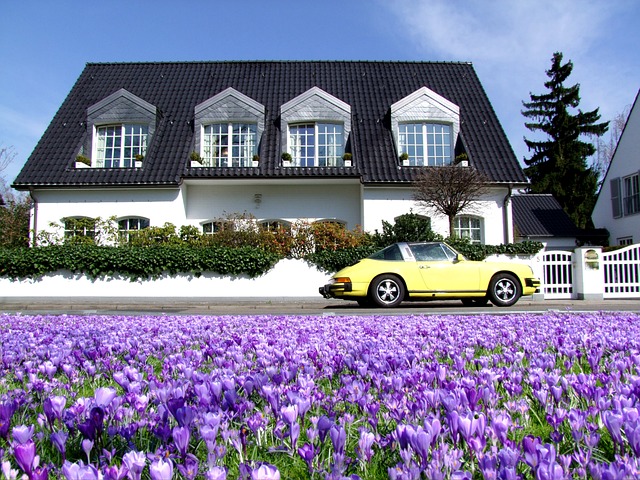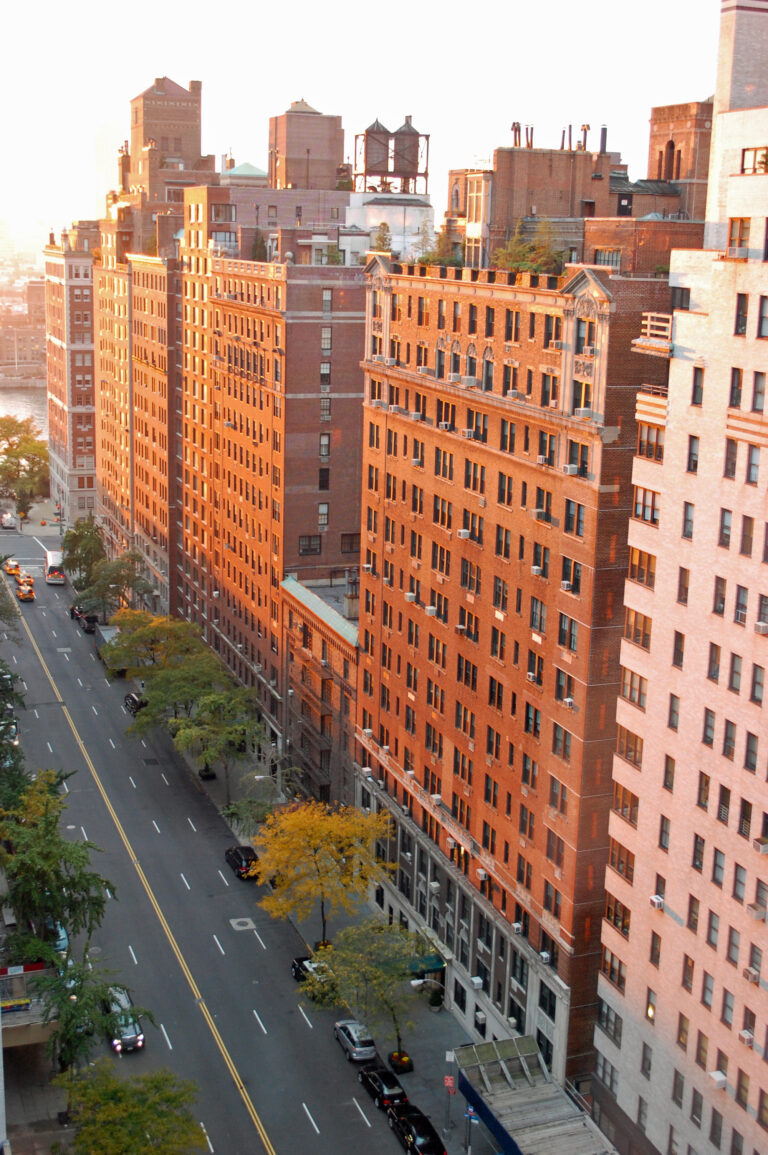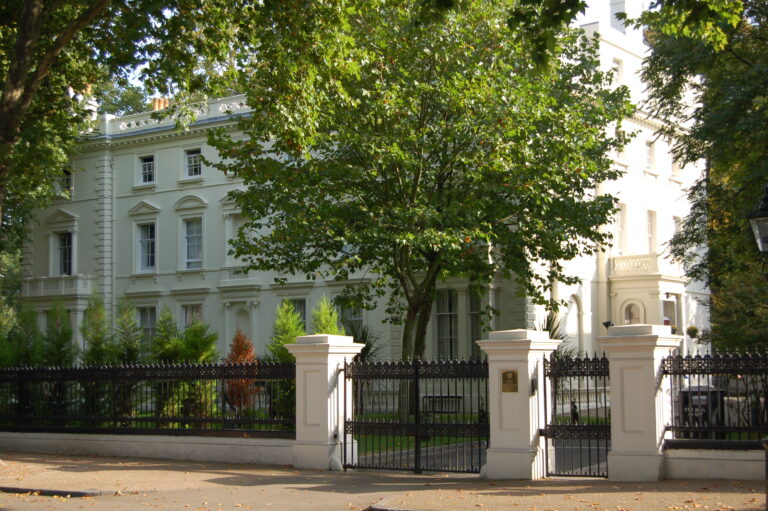Are Houses Expensive in South Africa
Let’s cut to the chase: housing prices in South Africa have been a hot topic of discussion for quite some time now. People are curious, and perhaps a little concerned, about whether houses in this diverse, vibrant nation are within reach or reserved for the privileged few. So, let’s delve into the nitty-gritty and explore the realities of housing costs in South Africa, without any unnecessary fluff or fancy jargon. Brace yourselves for an honest, unbiased assessment of whether owning a house in South Africa will break the bank or bring you peace of mind.
Table of Contents
- The High Cost of Housing in South Africa: A Closer Look
- Understanding the Factors Driving House Prices in South Africa
- Exploring the Regional Disparities in Property Values
- Potential Solutions to Make Property Ownership More Affordable
- Examining the Impact of COVID-19 on the South African Housing Market
- Key Considerations for Prospective Homebuyers in South Africa
- FAQs
- Closing Remarks

The High Cost of Housing in South Africa: A Closer Look
When examining the housing market in South Africa, it becomes evident that the cost of housing is a significant concern for its residents. The expenses associated with housing have risen steadily over the years, creating a considerable burden for individuals and families alike. This article delves deeper into the factors contributing to the high cost of housing in South Africa, shedding light on the issues at hand.
One of the key factors driving up housing costs in South Africa is the increasing demand for urban living. As more people are attracted to cities in search of employment opportunities and a better quality of life, the demand for housing in urban areas has skyrocketed. This surge in demand has led to a shortage of available properties, putting immense pressure on the market and driving housing prices to unprecedented levels.
Another prominent element impacting housing affordability is the scarcity of suitable land for development. With limited land available in desirable locations, developers face rising costs for acquiring and developing parcels of land. This, in turn, is passed on to homebuyers and renters, further exacerbating the affordability crisis in the housing market.
Furthermore, high construction costs play a significant role in the overall expense of housing in South Africa. The cost of building materials, labor, and permits has risen considerably, making it financially challenging to construct new housing developments. As a result, the supply of housing fails to keep pace with demand, driving prices even higher.
Lastly, the impact of socio-economic inequality cannot be ignored. Many South Africans, particularly those in lower income brackets, struggle to afford decent housing due to limited financial resources. This disparity in income levels fuels the housing crisis, making it difficult for those in need to find affordable housing options.
Understanding the Factors Driving House Prices in South Africa
When it comes to understanding the factors that influence house prices in South Africa, there are several key elements to consider. These determinants have a significant impact on the property market and can help shed light on the fluctuations and trends within this industry. By examining these factors, potential buyers and sellers can make more informed decisions about their real estate investments.
Economic Conditions: The state of the economy plays a pivotal role in driving house prices. Factors such as inflation rates, interest rates, and employment levels directly influence the affordability of housing. When the economy is thriving, with low inflation and low interest rates, it often leads to increased demand for homes, driving prices upwards. Conversely, during times of economic recession or uncertainty, housing demand tends to decrease, putting downward pressure on prices.
Housing Supply and Demand: The balance between the supply of available housing and the demand for it is another vital factor determining house prices. When there is a shortage of homes compared to the number of potential buyers, prices tend to rise as competition intensifies. Conversely, if there is an oversupply of properties in the market, prices may decrease in order to attract buyers. Additionally, factors such as population growth, urbanization, and migration patterns can also impact the supply and demand dynamics, further influencing house prices.
Exploring the Regional Disparities in Property Values
In a world shaped by constantly evolving economic landscapes, delving into the regional disparities in property values is crucial. This exploration will shed light on the stark differences in property prices across various regions, offering a deeper understanding of the factors driving these variations.
Uncovering the regional disparities in property values starts by examining key elements that influence prices. Factors such as location, proximity to amenities, infrastructure quality, and local community attributes play pivotal roles. A closer look at these variables will help identify areas where property values soar, driven by desirable features like thriving job markets, top-notch schools, and a vibrant atmosphere. Conversely, it will also unveil regions where property prices remain relatively low due to limited development, lack of public infrastructure or access to essential services. By recognizing these differences, buyers and investors can make informed decisions, capitalizing on areas with untapped potential or complementing their lifestyle preferences.

Potential Solutions to Make Property Ownership More Affordable
There are several potential solutions that could help make property ownership more affordable:
- Incentivizing first-time homebuyers: Governments and local authorities could introduce schemes that provide financial incentives or tax breaks specifically for individuals or families purchasing their first home. By easing the burden of upfront costs or ongoing expenses, these incentives can make property ownership more feasible for those struggling to enter the market.
- Encouraging shared ownership: Developing programs that support shared ownership models can be an effective way to tackle affordability challenges. These programs allow multiple individuals or families to jointly own a property, sharing the cost of purchase and maintenance. By reducing the financial strain on individual buyers, shared ownership can increase access to property ownership for a wider range of people.
- Promoting affordable housing initiatives: Governments can play a crucial role in investing in and promoting the construction of affordable housing. By allocating funds to develop affordable housing projects, authorities can increase the supply of homes that are priced within reach of lower-income individuals and families. Furthermore, implementing regulations that encourage the inclusion of affordable housing units in new developments can help diversify the market and make property ownership more attainable.
These potential solutions represent proactive steps that can be taken to address the affordability crisis in property ownership, benefiting individuals, families, and communities alike. By implementing targeted policies and programs, we have the opportunity to create a more inclusive and accessible housing market for everyone.
Examining the Impact of COVID-19 on the South African Housing Market
COVID-19 has undeniably left an indelible mark on the South African housing market, triggering a range of challenges and opportunities. Firstly, the pandemic has disrupted the traditional dynamics of property transactions, with virtual viewings and digital documentation becoming the new norm. Homebuyers and sellers have swiftly adapted to online platforms, enabling them to navigate the market safely and conveniently.
Secondly, the pandemic has exerted varying effects on property prices across different regions. While some areas experienced a decline in property values due to economic uncertainties, others witnessed a surge in demand as individuals sought to relocate or invest in more spacious homes. As a result, both buyers and sellers have had to reassess their expectations and pricing strategies in line with the evolving market trends.
Moreover, the pandemic’s impact extends beyond mere transactional aspects. It has prompted a reevaluation of housing priorities, with individuals prioritizing features like home offices, outdoor spaces, and access to essential services within walking distance. This shift in preferences has propelled developers and real estate agents to adapt their offerings, catering to the emerging demand for flexible living spaces that align with the new work-from-home culture.
In summary, COVID-19 has revolutionized the South African housing market, fostering a digital transformation in property transactions and reshaping preferences among buyers and sellers. These changes have necessitated a strategic approach for all stakeholders, as they navigate the evolving landscape to ensure resilience and capitalize on emerging opportunities.
Key Considerations for Prospective Homebuyers in South Africa
Key Factors to Keep in Mind When Looking to Buy a Home in South Africa
Buying a home in South Africa is an exciting milestone, but it’s crucial to approach the process with careful consideration. Here are a few key factors to keep in mind as you navigate the housing market:
- Location: The location of your prospective home should be a top priority. Are you looking for a property in the city or a quiet suburb? Consider proximity to schools, work, amenities, and the overall safety of the neighborhood.
- Budget: Determine your budget and be realistic about what you can comfortably afford. Take into account not only the purchase price but also potential additional costs such as transfer fees, bond registration, and monthly expenses like rates, taxes, and levies.
- Property Condition: Carefully inspect the condition of the property you’re interested in. Look for any signs of wear and tear, potential structural issues, or necessary renovations. This will help you assess whether the asking price aligns with the property’s condition.
Furthermore, it’s advisable to seek professional guidance throughout the homebuying process. Consulting with a trusted real estate agent or property lawyer can provide invaluable insights and ensure all legal aspects are handled properly. Remember, purchasing a home is a significant investment, so take your time to thoroughly consider these key factors before making a decision.
FAQs
FAQs – Are Houses Expensive in South Africa?
1. Are houses in South Africa expensive?
Yes, houses in South Africa can be expensive, but the cost varies depending on various factors such as location, size, and condition of the property.
2. What is the average price of a house in South Africa?
As of 2021, the average price of a house in South Africa is around ZAR 1.3 million. However, prices can range from lower to higher depending on where you are looking to buy.
3. Which areas in South Africa have the highest house prices?
Typically, major cities like Cape Town and Johannesburg tend to have higher house prices compared to rural areas. Some exclusive neighborhoods or suburbs within these cities also command higher prices.
4. Are there areas in South Africa where houses are more affordable?
Yes, there are areas in South Africa where houses are more affordable. Suburbs outside major cities, smaller towns, or rural areas often offer more affordable housing options.
5. Are house prices in South Africa increasing?
House prices in South Africa have shown a general upward trend over the years. However, the rate of increase may vary across different regions and cities. It is important to stay updated with the current market trends.
6. What factors influence house prices in South Africa?
Several factors can influence house prices in South Africa, including location, demand and supply dynamics, economic conditions, interest rates, and government policies. Each factor can impact prices differently.
7. Is it a good time to buy a house in South Africa?
The decision to buy a house in South Africa depends on individual circumstances. It is advisable to consider factors like current market conditions, personal financial stability, and long-term goals before making a decision.
8. How can I find affordable housing in South Africa?
To find affordable housing in South Africa, consider exploring suburbs outside major cities, smaller towns, or even distressed properties that might be available at lower prices. Consulting with real estate agents or online property portals can also help in finding affordable options.
9. Can foreigners buy houses in South Africa?
Yes, foreigners are generally allowed to buy properties in South Africa, but there may be certain restrictions or guidelines that need to be followed. It is recommended to consult with a legal professional or relevant authorities for accurate information.
10. Are there any additional costs associated with buying a house in South Africa?
Yes, apart from the purchase price, there are additional costs involved in buying a house in South Africa, including transfer duties, legal fees, agent commissions, and bond registration fees. It is important to factor in these costs when budgeting for a property purchase.
Remember, this FAQ section provides general information and guidance. For specific and up-to-date details, it is recommended to consult with professionals in the real estate industry or relevant authorities.
Insights and Conclusions
In conclusion, when it comes to the cost of houses in South Africa, the reality is that they can be quite expensive. The housing market in this country has experienced steady growth in recent years, making it challenging for many individuals to afford their dream homes. Factors such as location, size, and amenities greatly influence the prices, with major cities like Johannesburg and Cape Town being the most costly. Affordable housing options are available in certain areas, but they may come with compromises. It is crucial for potential buyers to conduct thorough research and consider various financial tools, such as home loans and government initiatives, to make homeownership more attainable. While the prices might seem daunting, opportunities do exist for those who are determined and willing to explore different options. Remember, owning a home is a significant investment, and it’s important to weigh your options carefully before making any final decisions.







